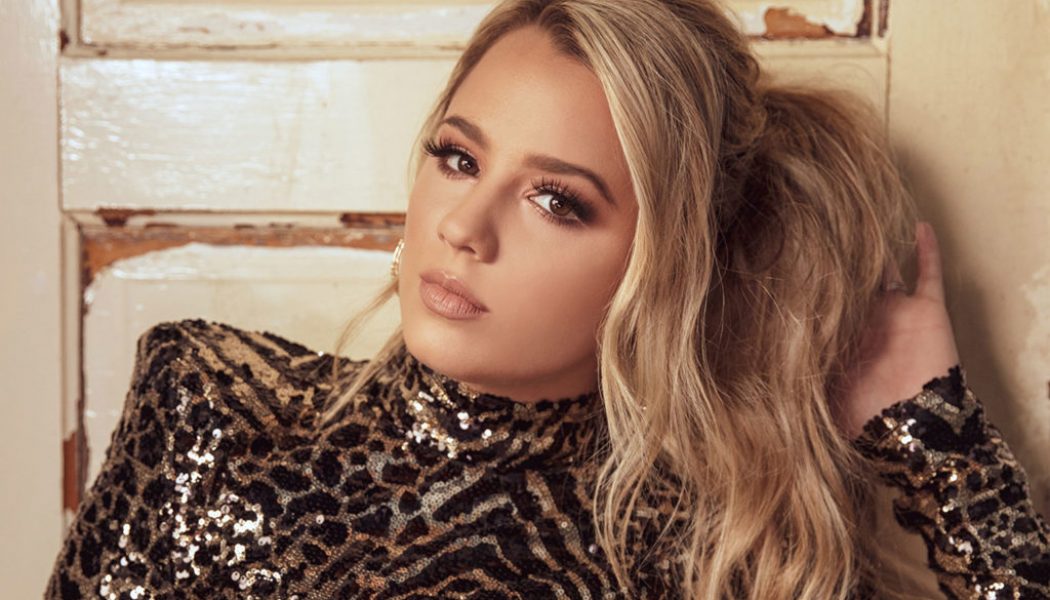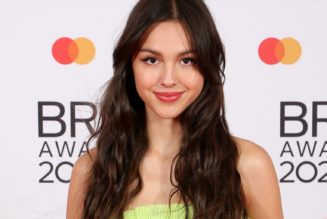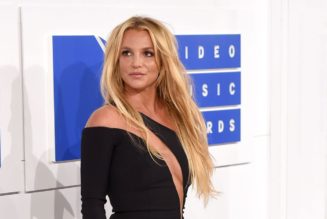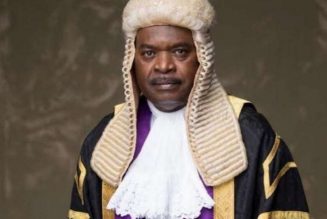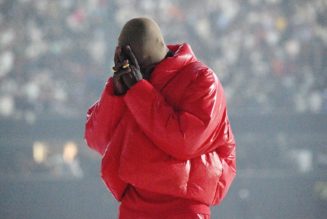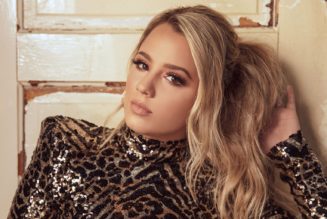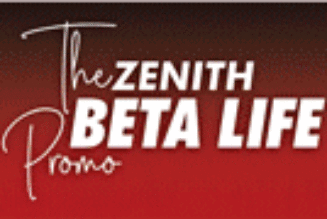
1. “I Hope” hits a new peak of No. 6 on the Hot 100 this week in its 43rd week on the chart — dating back to early January. On a scale from 1-10, how surprised are you that it’s still climbing this deep into its chart run?
Katie Atkinson: I think I’m a 2. This song hit me like a ton of bricks when it came out — thanks to that seemingly sweet first verse leading into a spiteful wrecking ball of chorus — so I knew it had a strong chance to make a big impact both in the world of country and beyond. The only reason I’m a 2 instead of a 1 is that I might not have predicted that it would climb all the way to the Hot 100 top 10. That’s massive — especially for an American Idol alum in the year 2020.
Jason Lipshutz: A solid 8! Straight-ahead country songs have rarely climbed into the top 10 of the Hot 100, or even come close to it, in recent years — it was a big deal when Maren Morris’ “The Bones” peaked at No. 12 a few months back. “I Hope” has not only surpassed “The Bones” (while also replacing it atop the Hot Country Songs chart), but has done so with a lead artist that didn’t have a fraction of Morris’ name recognition before the lead single from her debut album became a hit. Throw in Barrett’s unlikely path to fame — she’s the first American Idol contestant in years to break through to pop audiences, and she did so with a song that she independently released before scoring a record deal — and everything about the success of “I Hope” feels delightfully improbable.
Melinda Newman: 3. The song has had a slow, but constant build, from first being played by Amazon and other DSPs before she signed her label deal (going back to Spring 2019). It keeps finding new fans as people continue to hear this song with a twist that still draws the listener in.
Andrew Unterberger: I’d say 6. Country-to-pop crossovers always take longer than your average top 40 hits to reach their pop peaks, because airplay builds so gradually from one format to the other, so in that sense it’s not surprising — but I just don’t know if I would’ve tabbed this for such a big pop hit. It’s worthy of the attention, but it’s a pretty angry and confrontational song, where most such crossovers tend to be more comforting in their appeal. A familiar pop voice in Puth helps, certainly, but he’s struggled to land his own singles on pop radio the past couple years, so he was hardly a top 40 cheat code. Just a cool example of a good new song finding its widest audience.
Denise Warner: Not very surprised. Let’s say a 2. To me, “I Hope” is the kind of song that keeps growing on you. Plus, country streaming grew in the pandemic, which I imagine helps with the build of “I Hope.”
2. In the past month or so of its chart journey, “I Hope” has also added Charlie Puth to its official artist credit, as the remixed version of the song featuring the pop singer-songwriter has picked up steam on radio and streaming. Do you think the song is stronger with or without Puth’s guest vocal?
Katie Atkinson: I prefer the original version because I like the power of the whole narrative belonging to one very hurt person. I also think Gabby’s freight-train vocal on the chorus packs more of a wallop than Charlie’s falsetto. But I’m just glad Puth lent his radio cred to the song to give it a bigger platform, so I definitely don’t change the station when the duet version comes on the radio.
Jason Lipshutz: Charlie Puth was a sensible choice for a duet partner, and the remixed version plays well on pop radio, but give me Barrett’s scorched-earth solo take any day, with every wish of vengeance raining down upon her ex and his new romantic partner. Barrett’s perspective is so forceful on the original track that any remix was likely to pale in comparison.
Melinda Newman: I’m a purist. While I appreciate that Puth’s participation makes it clear that men have no exclusive on cheating and his and Barrett’s voices intertwine beautifully, their duet doesn’t quite pack the punch the Barrett-only version does.
Andrew Unterberger: Puth is such a pop savant that you could trust he’d come into the pre-existing song and play his new part to perfection. And for the most part he does, but something’s still sort of lacking — I’d have preferred it if Puth’s verse was more of a direct response to Barrett’s verse, and if their vocals on the bridge and the chorus had played off one another a little more. Clearly it helped get the song past the velvet ropes of top 40 radio, but the more coherent and bracing original should be the one that’s remembered years down the line.
Denise Warner: I love the Puth-ified version, truly. (It’s the one I hear the most on the radio.) And the addition of his voice complements Barrett’s. It just confuses me. Are they singing to each other? About each other? Who cheated on whom? Were they both unfaithful? Or are they complaining about two different failed relationships? These are my questions.
3. For obvious thematic reasons, the song often gets compared to another country crossover top 10 hit from the mid-’00s, Carrie Underwood’s “Before He Cheats.” Do you think the song is a worthy successor to that enduring smash?
Katie Atkinson: Yes! Honestly, “I Hope” could be written by the same girl, but now she’s graduated from damaging personal property to the much more diabolical revenge of making her ex feel the very same agony he put her through. Also, there’s clearly a lot of Carrie in this vocal. I would love to hear Underwood sing it someday or join Gabby onstage for a sisterhood duet.
Jason Lipshutz: Absolutely — and not just for thematic purposes and the American Idol connection, but because both songs are powered by the same type of oversized, revenge-soaked chorus that makes for deliciously overdramatic karaoke fodder. Whenever this pandemic is over, the “Before He Cheats”/“I Hope” sing-along block is definitely happening at my local karaoke lounge.
Melinda Newman: Barrett isn’t actually taking a bat to her boyfriend’s car and slashing his tires like Underwood is in “Before She Cheats,” but “I Hope” is sneakier in that it takes a complete left turn from where you think she’s going with that first verse and chorus. Underwood starts off breaking bad. It takes Barrett a minute (53 seconds, precisely) to get there. It is a worthy successor in that, like Underwood in “Before She Cheats,” Barrett is a woman who has no interest in trying to defend a man’s bad behavior or be a further victim to it, but it doesn’t have quite the visceral punch.
Andrew Unterberger: I might like it more, to be honest. No offense to the great Carrie Underwood here, but there’s a sort of stiff self-righteousness to “Before He Cheats” that never really connected with me — not just in Underwood’s assault on her ex’s ride, but in her snide comments about his new flame not being able to handle her whiskey or singing “some what trash version of Shania karaoke.” Carrie’s song imagines she’s dispensing justice to both of them, but Gabby Barrett is just going nuts in her own head — a cruel but clearly make-believe fantasy, sung at an appropriately fevered pace and pitch. “Before He Cheats” is what we imagine we sound like when wishing exes unwell, “I Hope” is closer to the reality.
Denise Warner: “I Hope” is passive aggressive while “Before He Cheats” is just plain aggressive. You feel sorry for the protagonist of Barrett’s song, but you’re rooting for Underwood’s character to key that dude’s car. If “I Hope” is the first stage of mourning a relationship-gone-wrong, “Before He Cheats” is the aftermath. So yes, thematically similar, but to be a true successor, “I Hope” would need a little more bite.
Gabby Barrett’s Billboard Live At-Home Performance | Billboard
4. Between this pop radio crossover success of this song and Maren Morris’ “The Bones,” the top 10 debut of Morgan Wallen’s “7 Summers’ in August, and a likely resounding first-week bow for Luke Combs’ “Forever After All” next week, country is having one of its biggest years on the Hot 100 in recent memory. Do you think this is indicative of a larger incoming trend in country’s mainstream impact, or is this a wave that’s likely already cresting?
Katie Atkinson: I think it’s a larger trend that boils down to two factors: streaming playlists and the elastic sound of country music. First of all, listeners are so used to hearing multiple genres in one place on Spotify or Apple Music playlists that as long as the “vibe” matches, genre is insignificant. Plus, a lot of what is classified as “country” these days (I’m looking at you, Thomas Rhett) is not the twangy, singular country sound one might expect, so a lot of these song are fitting in quite well on pop and AC without needing any radio edits.
Jason Lipshutz: It’s likely that modern country music, which has lagged behind in streaming success when compared to hip-hop and pop, is finally making progress on newer platforms. Artists like Morgan Wallen and Luke Combs simply wouldn’t be able to score huge Hot 100 debuts unless their singles were making significant headway on streaming services, and while a pop radio crossover is also integral to sustaining the success of these songs, I’d expect a larger trend of country tracks near the upper reaches of the Hot 100 based on these recent streaming gains.
Melinda Newman: It’s going to keep building for a number of of reasons, including these songs lean pop enough that they are finding fans who aren’t traditionally country fans. Furthermore, country audiences are adapting to streaming after lagging behind pop and hip-hop for a long time, and those climbing numbers factor into the Hot 100 chart.
Andrew Unterberger: The biggest is yet to come here. Country radio is about as stable a radio format as exists, so add legitimate streaming support to that — with audiences flocking to Spotify and Apple Music in greater droves seemingly every week — as well as a rising class of country superstars in Combs, Wallen, Morris and perhaps Barrett, and it might not be long until we see our purest country-to-pop crossover No. 1 on the Hot 100 since Lonestar’s “Amazed” 20 years ago.
Denise Warner: In my very-non scientific opinion (as someone who listened to a lot of country radio in the late ’90s and early 2000s) and with a little fuzzy math, the country-pop wave seems to ebb and flow every decade or so. Back then, you had Shania, Lonestar and Faith. Taylor Swift came along to make her crossover mark in the mid-to-late 2000s (plus Lady A’s “Need You Now” was 2010) and now we’re seeing another revival, right on time. Maybe that’s the trend. (Or maybe not since “Before He Cheats” was a 2006 hit.)
5. “I Hope” becomes the fourth song to hit No. 1 on both Billboard‘s Radio Songs and Country Airplay charts, after Taylor Swift’s “You Belong With Me,” Lady A’s “Need You Now,” and Bebe Rexha and Florida Georgia Line’s “Meant to Be.” Which country crossover hit from this century not on that list do you think deserved to join those double-number-one ranks?
Katie Atkinson: A few songs come to my mind (Little Big Town’s “Girl Crush,” Sam Hunt’s “Take Your Time,” Jason Aldean and Kelly Clarkson’s “Don’t You Wanna Stay”), but the one that stands out is Chris Stapleton’s “Tennessee Whiskey.” The song was released in 2015 and peaked at No. 20 on the Hot 100 (after a CMA duet with Justin Timberlake) and then, five years later — just last month! — it appeared on Billboard‘s Streaming Songs chart for the first time. If this song’s enduring popularity over the past half-decade had been condensed into a smaller window, it would have been an even bigger crossover hit than it was.
Jason Lipshutz: I still have a lot of love for singer-songwriter Kira Isabella’s 2014 single “Quarterback,” which tells a harrowing tale of abuse of privilege — a star quarterback taking advantage of a vulnerable girl in a small town — in a smart, sensitive manner. The song was a hit in Isabella’s native Canada, but never cracked the Hot 100 here. Still a bummer!
Melinda Newman: “Tequila” by Dan + Shay. Or, as long as we’re talking about it, “The Bones” by Maren Morris.
Andrew Unterberger: I wasn’t even the biggest “Body Like a Back Road” fan — at least as far as Sam Hunt singles go — but it certainly felt like a major crossover moment, one of the smoothest integrations of hip-hop production into country songwriting that we’ve had this century. It got to the Hot 100’s top 10 at a time when not many other country songs were even coming close, so it would’ve been cool if pop radio had responded to that in turn.
Denise Warner: Taylor’s “Love Story” came close and I’m honestly surprised that it and other Swift hits like “Mine” haven’t joined the ranks of the double-number-one. I also want to make a plea for LeAnn Rimes’ “Can’t Fight the Moonlight.” I will never understand how that song didn’t do better.
